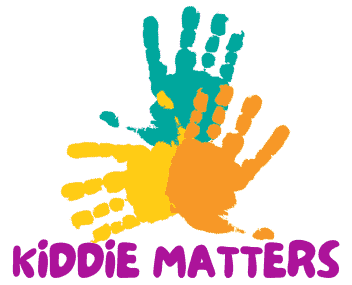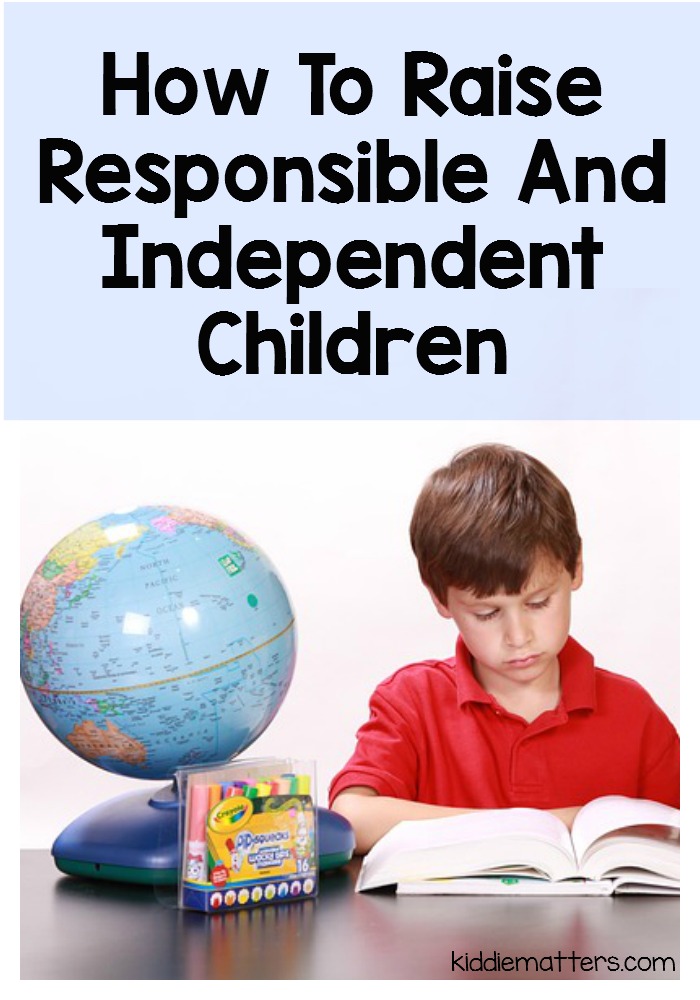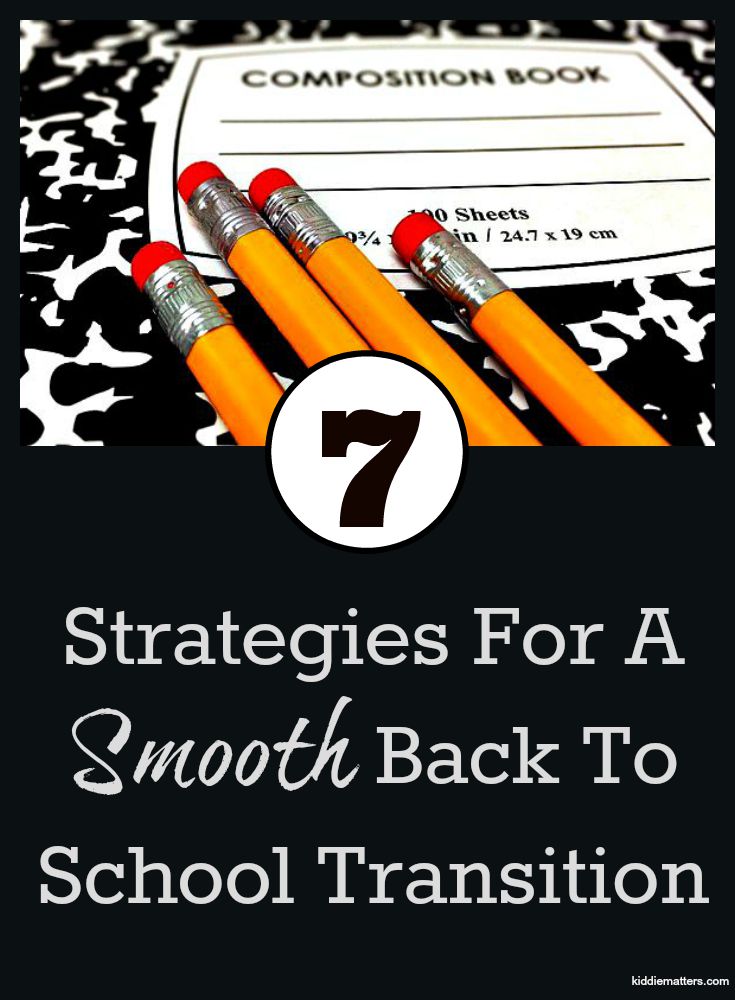5 Tips for Managing Meltdowns and Temper Tantrums
There are so many reasons why kids have meltdowns and temper tantrums. The reasons range from the mundane-he or she is just plain old tired, to the absurd-“he won’t stop looking at me!”
When you are a parent, you quickly come to the realization that it’s not a question of whether or not your child will have a meltdown. It’s more a matter of when will they have a meltdown.
No parent is immune to having their little angel losing their ever loving mind because something is not going their way. For example, I remember one Friday afternoon picking my kids up from school. They all came running up to me, eager to tell me what a great day they had. Since everyone was in good spirits I figured I’d indulge the kids in a treat.
Big mistake.
My four year old daughter entered the store with glee and expectations of multiple sugary sweets. When I told her that she could only choose one thing she immediately turned into a screaming, stomping, blubbering mess.
In my early years as a parent, when my kids had a fit out in public I would give them ANYTHING to quiet down because the judgmental stares from people watching my kids act up was overwhelming. However, I learned pretty quickly that rewarding meltdowns and temper tantrums only teaches kids to throw even more tantrums.
It was important for me to find effective ways to deal with my children’s melt downs and temper tantrums. Here are some tips that helped me along the way.
1. Remain calm. Your kids will try to press your button when they are in the heat of a tantrum. It is up to you to be the adult in the situation. Your kids will be amped up and ready to do whatever it takes to get their way. Don’t rise to the occasion. You remaining calm will not only prevent the situation from escalating, but it also gives you a chance to model calm behavior to your child.
2. Hold your ground and don’t give in to demands. The minute you reward a meltdown your child knows they have you right where they want you. Willingly or unwillingly, you are teaching them that to get what they want, all they have to do is have meltdowns and temper tantrums. Sure when they are little this might not seem like a big deal. However as they hit those pre-teen and teen years those meltdowns and temper tantrums can have some real consequences if not addressed.
3. Prepare for meltdowns and temper tantrum by having a calm down plan in place. Having a calm down plan is great for elementary –aged kids. When they are calm, sit down with your child and talk to them about things that upset them and what they can do when they are upset and angry. You guys can even come up with a signal you can give your child when they are in a rage to remind them to use their calm down plan. Role play the plan with your child. Some families reward their children for using their calm down plan as a way to encourage them to follow their plan even when they are really upset. Trust me, this approach is much better than trying to coach kids on how to calm down when they are out of control.
4. Ride out the storm. Sometimes when children have meltdowns and temper tantrums the best thing you can do is to let them scream and yell. Of course you want to make sure your child is safe and won’t harm themselves or other people. Choosing to let your child wear themselves out might also be the best option if your child’s tantrum has you rattled and upset. The last thing you want to do is explode on your child because they get under our skin.
5. Talk to your child about their tantrum once they are calm. It’s always good practice to process your child’s meltdown with them after it’s over. It gives them a chance to gain some insight into their behaviors. You can discuss with them what triggered the meltdown, what they wanted to happen, and how they can handle a similar situation in the future. Share with them how their behaviors impact the family. Talking with your child after a meltdown also gives them a chance to voice any other issues that might have made them explode in the first place.
I hope you and your family find these tips useful. Not every child is the same and not every technique will work with every child. I would love to hear any words of wisdom you have to share on how you handle kid’s meltdowns and temper tantrums.
If you like this post you may also like How to Create a Calm Down Area at Home
Don’t forget to follow me on Pinterest for more tips and ideas of how to handle kid’s meltdowns and temper tantrums!
Follow Kiddie Matters’s board Calm Down Strategies on Pinterest.






